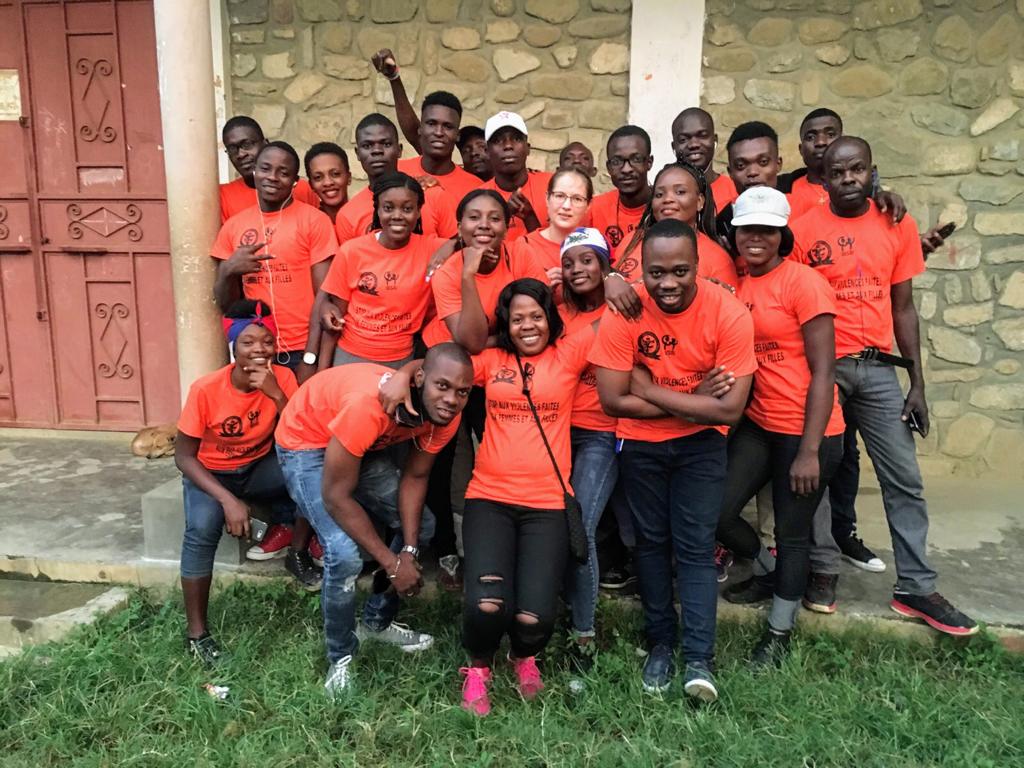
The files concerning the YCW in the German Democratic Republic are now safely stored at KADOC
We all know the images of Germans wielding hammers and chisels, hacking away at the wall that had kept them separated from each other. 32 years ago to this day, on the 9th November of November 1989, the Berlin wall fell. Not only did it end the partition of Berlin, it also set in motion the crumbling of the Eastern Bloc and signified the end of the Cold War that had divided Europe and the world for the previous four decades. The historical significance of this day can hardly be exaggerated.
Hence, today is an excellent occasion to talk about an intriguing find in the IYCW archives. Among the numerous boxes containing country files, we came across two boxes that had ‘Eastern-Germany’ written on them. The boxes are filled with handwritten papers, often lists of members or very concise reports. What was the story of these documents? Was there a YCW in the German Democratic Republic? And, if so, how did the archive boxes make it safely to Brussels?




 English
English  Español
Español  Français
Français